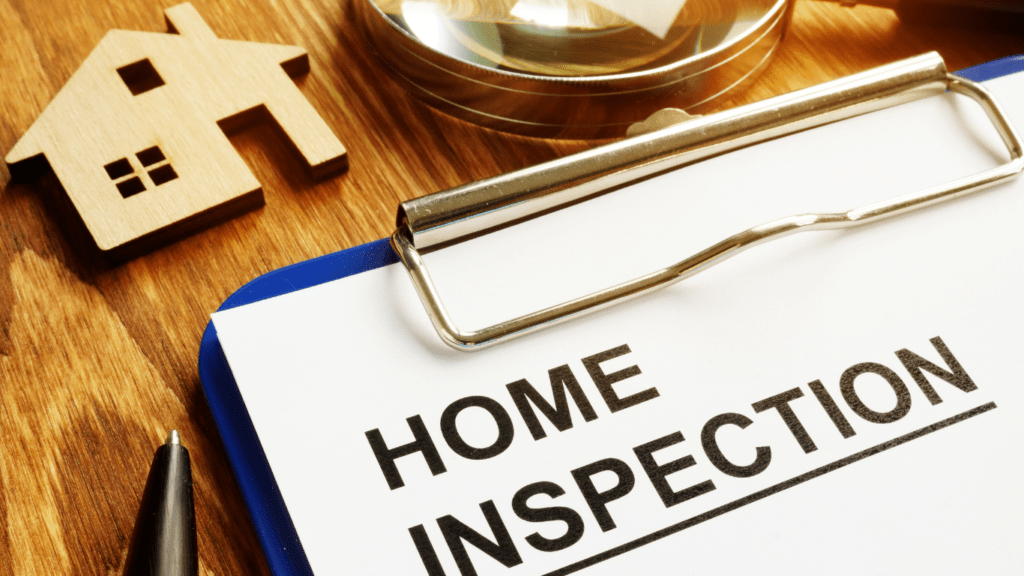What Are Property Inspections?
Property inspections involve a systematic review of a property’s condition to detect existing or potential issues. These evaluations cover critical areas like structural integrity, electrical systems, plumbing, roofing, and HVAC performance. Conducting thorough inspections ensures all aspects of the property comply with safety standards and operational efficiency.
In scheduled inspections, tasks often include checking for visible signs of damage, wear, or code violations. For example, inspectors might assess walls for cracks, test smoke detectors, or evaluate drainage systems. Periodic checks can also identify hidden problems such as mold growth or pest infestations that may impact long-term property value and usability.
Property inspections provide detailed reports, offering a clear view of the property’s overall condition. These insights allow owners or managers to make informed decisions regarding repairs, upgrades, or maintenance scheduling.
Why Regular Property Inspections Matter

Regular property inspections ensure the property remains safe, functional, and valuable. They address potential risks and preserve the long-term investment.
Ensuring Safety and Security
Inspections identify hazards compromising safety, like:
- faulty wiring
- unstable structures
- gas leaks
If issues like these go undetected, they could endanger occupants and property. For example, inspecting smoke detectors and fire exits ensures compliance with safety standards while reducing liability risks.
Preventing Costly Repairs
Inspections catch early signs of damage, preventing small problems from escalating. Spotting leaks, cracks, or minor roof damage in time avoids extensive repairs. For instance, addressing minor plumbing issues during inspections can save thousands in potential water damage costs.
Maintaining Property Value
Inspections protect property value by keeping systems functional and appealing. A property with well-maintained HVAC units, roofs, and exteriors retains its market competitiveness. For example, resolving pest issues early during inspections prevents structural damage that could lower resale value.
Key Areas To Inspect Regularly
Regular property inspections cover several critical components that directly impact safety, functionality, and value. Focusing on these areas ensures early detection of potential problems and effective maintenance.
Structural Components
I focus on the foundation, walls, ceilings, and roof during inspections.
- Cracks, water stains, or sagging indicate structural concerns needing immediate attention.
- Roof damage, such as missing shingles or leaks, can lead to significant repairs if left unresolved.
- Inspecting staircases, railings, and load-bearing elements ensures safety compliance.
Plumbing and Electrical Systems
Inspecting plumbing identifies leaks, corrosion, or water pressure issues that may cause damage over time. Faulty pipes or outdated systems often signal necessary upgrades. For electrical systems, I check wiring, outlets, circuit breakers, and grounding for wear or hazards like overloaded circuits, which could cause fires. Functional water heaters and efficient outlets also provide tenants maximum usability.
Outdoor Spaces and Landscaping
I examine driveways, walkways, and patios for cracks or uneven surfaces that present hazards. In landscaping, I assess drainage systems, tree stability, and plant overgrowth, which can affect foundation integrity or attract pests. Fencing, outdoor lighting, and irrigation systems require evaluation to maintain security and curb appeal.
Benefits of Hiring Professionals for Inspections
Hiring professionals ensures thorough and accurate property assessments. Their specialized knowledge and advanced tools make identifying issues easier and more reliable.
Expertise and Experience
Professionals bring years of training and practical experience in identifying property issues. They recognize subtle signs of problems like foundation cracks, outdated wiring, or ventilation issues that an untrained eye might miss. Their expertise also ensures compliance with building codes and safety regulations, reducing liability risks.
Comprehensive Reports
Professional inspectors provide detailed reports outlining property conditions. These reports include visual evidence, clear explanations, and actionable recommendations. They enable property owners to prioritize repairs, budget effectively, and maintain the property’s long-term value.

 Maecherie Buchanan brought her creativity and knowledge to Mode Key Homes, enriching the platform with inspiring home renovation ideas and energy-efficient solutions. Her work ensures that homeowners have access to innovative ways to enhance and transform their living spaces.
Maecherie Buchanan brought her creativity and knowledge to Mode Key Homes, enriching the platform with inspiring home renovation ideas and energy-efficient solutions. Her work ensures that homeowners have access to innovative ways to enhance and transform their living spaces.